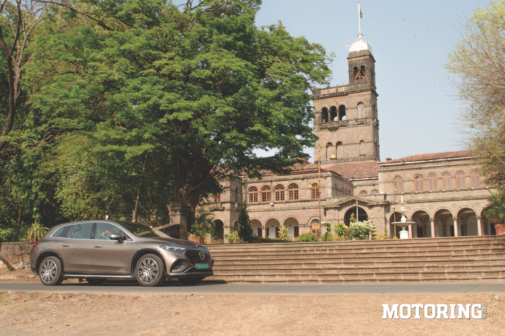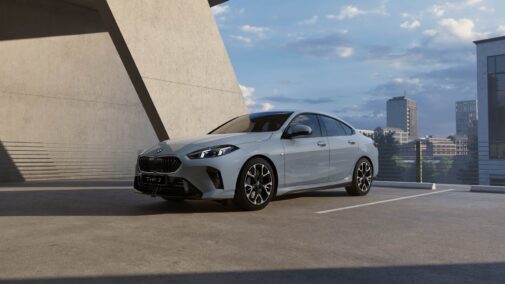Ever since Force Motors (then known as Bajaj Tempo) started manufacturing the Mercedes OM616 engine in India under licence in 1982, they have been building engines for the German giant in India. When Mercedes officially set up shop in India in 1997, Force Motors started assembling engines for the W124 E-Class. Since then, they have built close to 60,000 engines for Mercedes-Benz, at sub-plants within their older manufacturing facilities. In order to support Mercedes’s growth in India, Force Motors has spent Rs 100 crore and has built a dedicated factory in Chakan, Pune to build engines and axles for Mercedes India.
The new plant, Mercedes-Benz India’s next door neighbour; is spread across 130,000 sq ft with eight production lines and will have a production capacity of 20,000 engines and 20,000 axles. This is comfortably above Mercedes’s annual sales in India, which is hovering around the 11,000 mark. The plant can manufacture both petrol and diesel inline-4s and V6s. Between them they cover almost the entire range sold in India, including the M274/M270 2.0-litre petrol, the OM651 2.1-litre diesel and OM642 3.0-litre V6 diesel. The Chakan facility will also manufacture front and rear axles for the entire Mercedes range in India. Bear in mind that these engines are just assembled here but very little localisation involved (less than 5 percent). Every engine goes through 23 minutes of hot temperature testing. Within then next few months Force is going supplant the hot temperature testing with cold temperature testing, which is faster and more environment friendly, since the fuel is not ignited.
The most important engine for the next few years for Mercedes India is going to be their new OM654 2.0-litre diesel. This is not only going to replace the OM651 engine, but crucially, allow Mercedes to not be affected by diesel engine regulations by the government. Unfortunately, Mercedes is having some trouble modifying the engine to work with our quality of fuel since the new engine is capable of adhering to Euro 6 norms, norms which will not come into force before 2020 in India. Once the issues have been sorted out, the Chakan plant will move towards manufacturing the new engine.
















